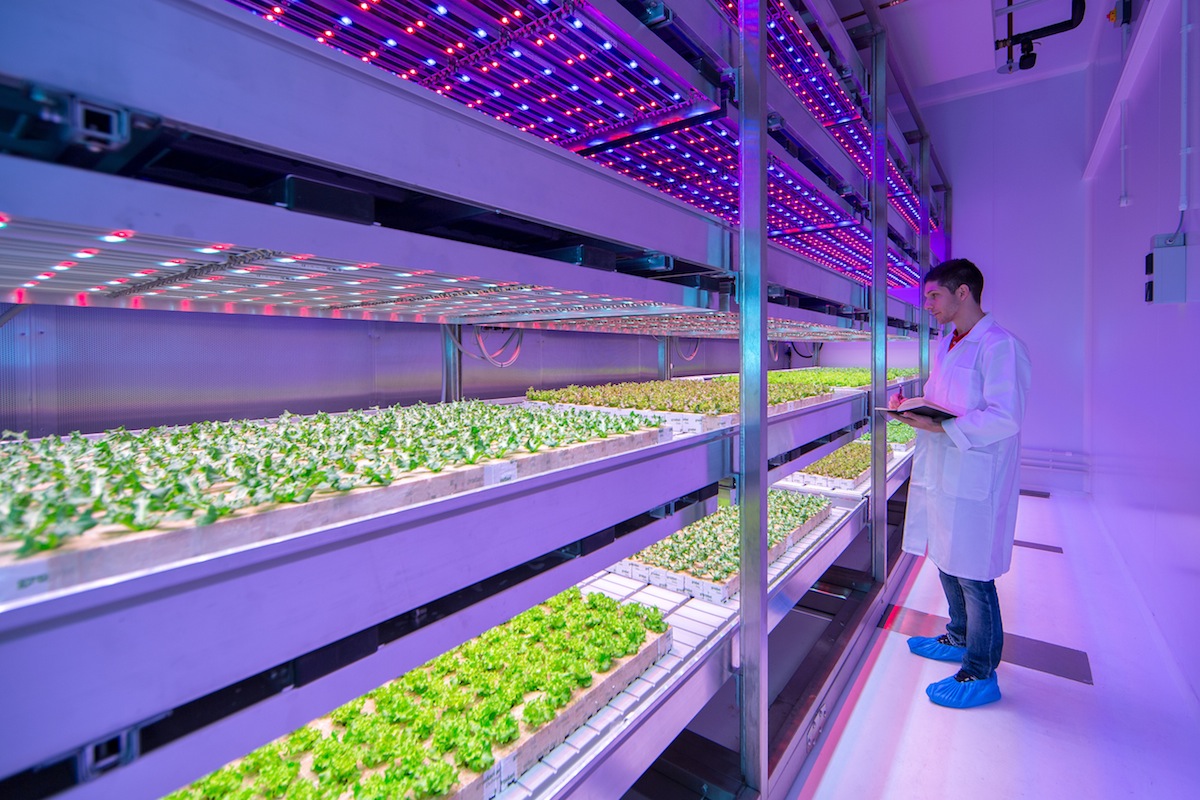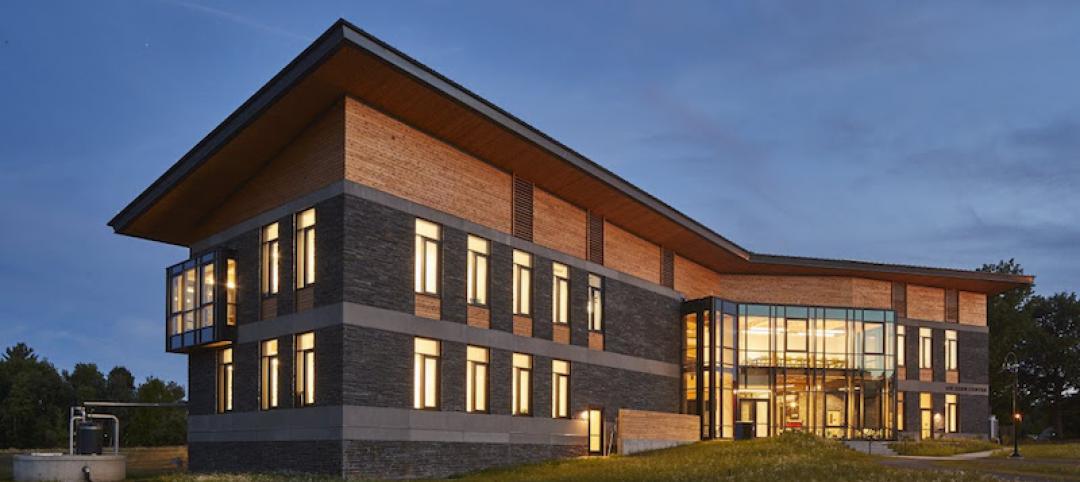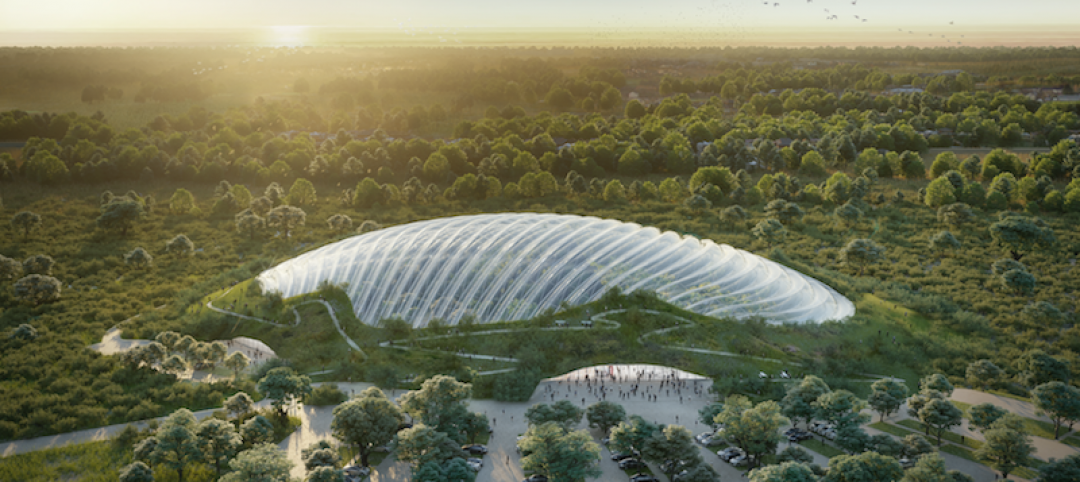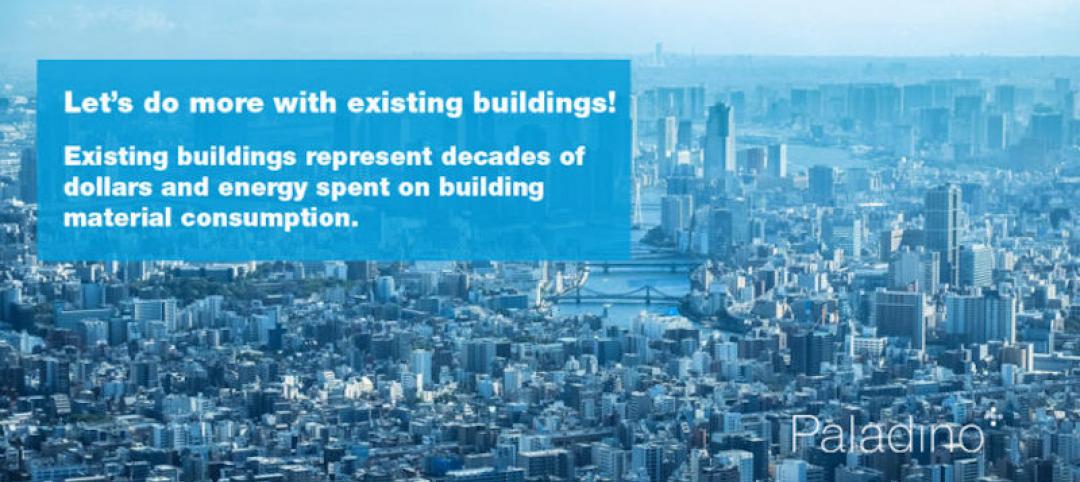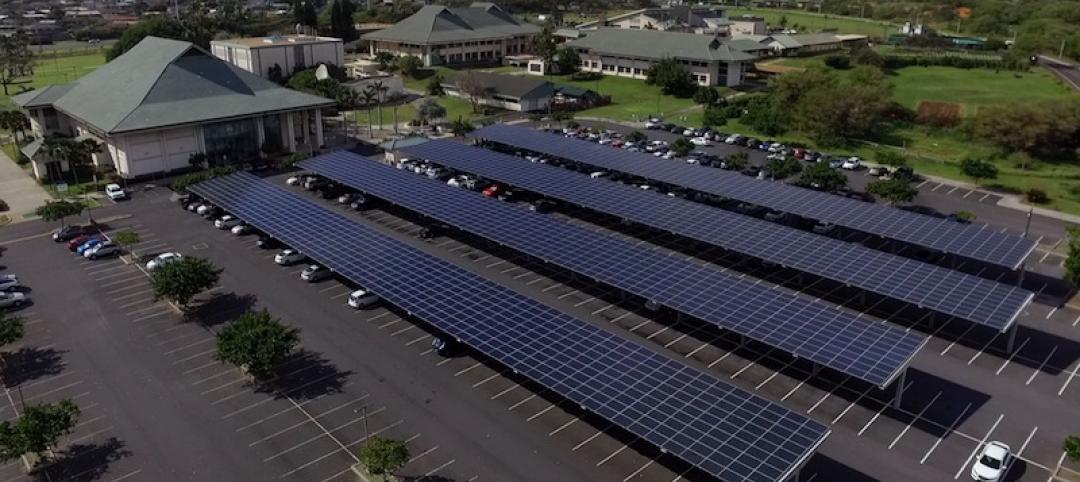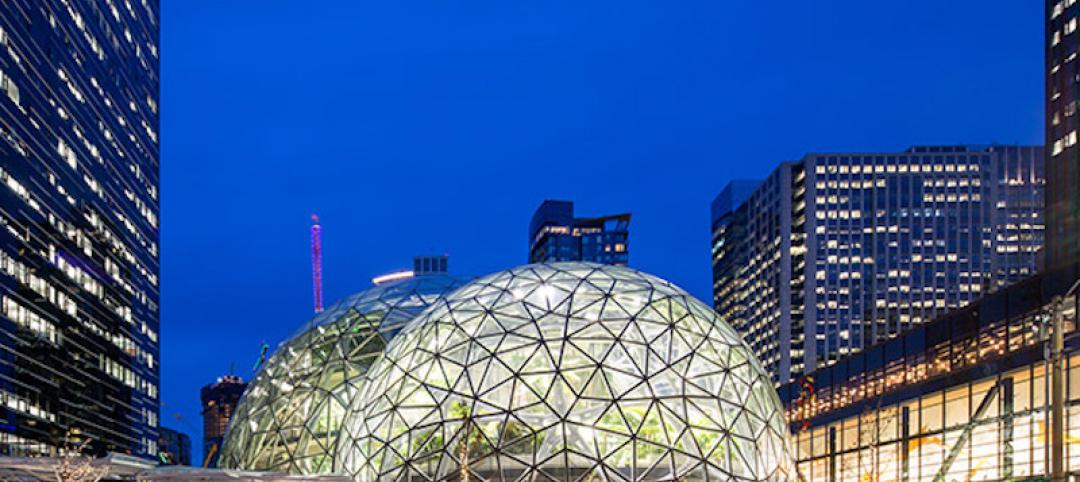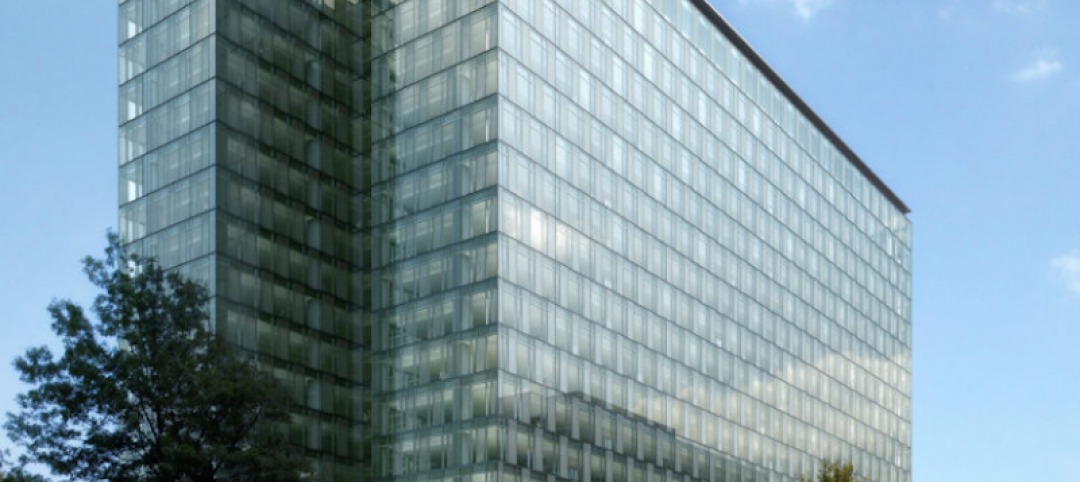Royal Philips, the global lighting supplier, has opened a 234-sm (2,519-sf) facility at the High-Tech Campus in Eindhoven, The Netherlands, which is conducting research with the goal of providing growers of fruits, vegetables, and herbs with LED light growing solutions. Other areas of research will focus on ways to grow more carbohydrate-rich crops, such as potatoes and wheat, indoors.
The facility, known as the Philips GrowWise City Farming research centre, uses connected LED systems that are customizable, allowing for the development of “growth recipes” tailored to each crop variety or a producer’s requirement, reports Inhabitat.
“Our aim is to develop the technology that makes it possible to grow tasty, healthy, and sustainable food virtually anywhere,” says Gus van der Feltz, Philips’ Global Director of City Farming. “The research we are undertaking will enable local food production on a global scale, reducing waste, limiting food miles, and using practically no land or water.”
Philips’ team has been able to change the shape, size, productivity and even oil content of many leafy greens and herbs. And because the plants can be stacked in layers, each with its own lighting system, sizable quantities of food can be grown in relatively small spaces.
The research center, one of the largest of its kind in the world, features four-layered mechanized planting racks in each of its eight climate rooms.
Philips’ team has been able to change the shape, size, productivity and even oil content of many leafy greens and herbs. And because the plants can be stacked in layers, each with its own lighting system, sizable quantities of food can be grown in relatively small spaces.
One of Philips’ partners churns out 900 pots of basil per year from one square meter of floor space. And with the cells being sealed and managed under strict hygienic protocol, the need for pesticides and chlorine washing can be significantly reduced, if not eliminated.
Philips, which has been active in horticultural lighting since 1936, has equipped several city farms, including GreenSense in Chicago. (Watch a short YouTube video to see what one of these farms looks like by clicking here.)
The company is hoping that its research facility will unleash lighting and technology innovations that, according to its press release, “will bring farm and fork within a few miles of each other,” and provide year-round growing solutions.
Royal Philips is launching this research center at a time when the world’s food supply is under increasing duress. The United Nations forecasts that by 2050, the world’s population will increase by 2.3 billion people, and that two-thirds of the total population will be living in cities.
In addition, 80% of the world’s arable land is already in use, a good part of which is struggling because of water shortages.
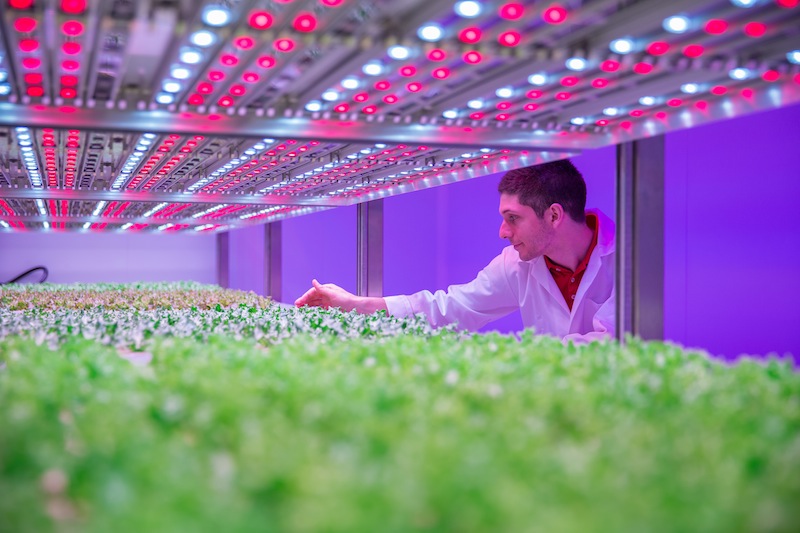
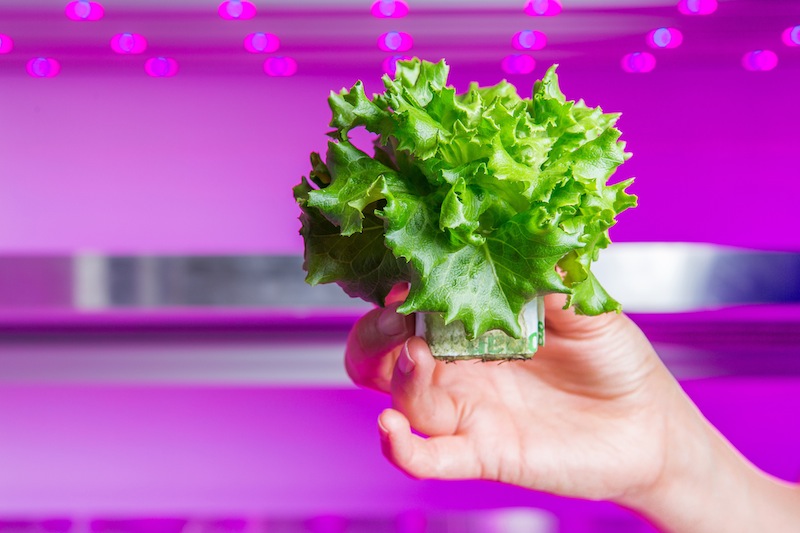
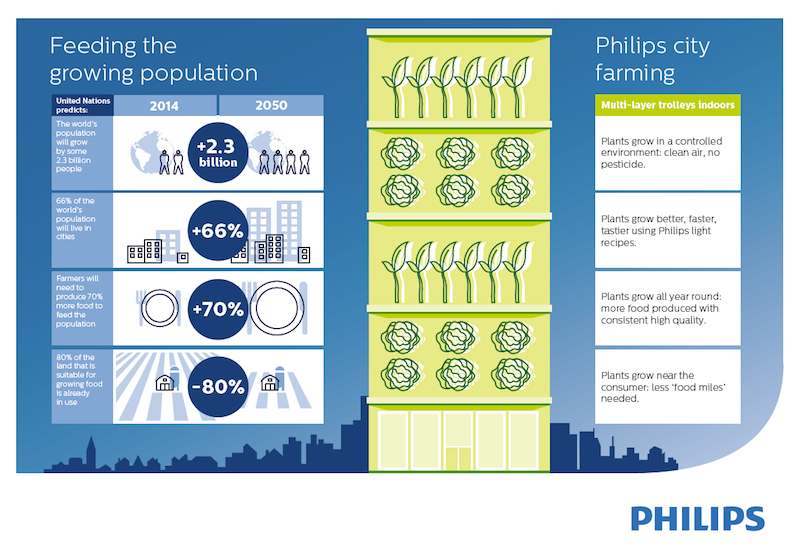
Related Stories
Sustainability | Apr 11, 2018
Hampshire College is home to the largest Living Certified higher education project in the world
The project joins 16 other Living Buildings certified to date.
Green | Mar 27, 2018
The world’s biggest tropical greenhouse under one roof will be built in France
Coldefy & Associates Architects Urban Planners will design the project.
Sustainability | Mar 21, 2018
LEED v4.1 — a game changer or business as usual?
The largest number of changes in v4.1 affect materials.
Energy-Efficient Design | Mar 20, 2018
University of Hawaii Maui College on pace to become first U.S. campus to generate 100% renewable energy on-site
The project is part of a partnership with Johnson Controls and Pacific Current that will also allow four UH community college campuses on Oahu to significantly reduce their fossil fuel consumption.
Green | Feb 12, 2018
The top landscape trends of 2018
The National Association of Landscape Professionals releases its annual list of trends anticipated to infiltrate residential and commercial outdoor spaces.
Hotel Facilities | Feb 12, 2018
Circular hotel will be world’s first energy positive hotel concept above the Arctic Circle
The hotel will provide 360-degree views of the Svartisen glacier and the surrounding arctic nature.
Green | Feb 5, 2018
Does nature have a lasting positive effect on the mind?
What types of nature-inspired design elements are most effective?
Green | Jan 31, 2018
U.S. Green Building Council releases annual top 10 states for LEED green building per capita
Massachusetts tops the list for the second year; New York, Hawaii and Illinois showcase leadership in geographically diverse locations.
Green | Jan 30, 2018
Welcome to the Jungle: Amazon’s Spheres have opened to employees and the public
The Spheres provide the most unique aspect of Amazon’s downtown Seattle headquarters.
Green | Jan 15, 2018
Revolutionizing the standard green lease
The DOE Better Buildings Initiative has made a bold statement calling 2018 the “Year of the Lease”.


